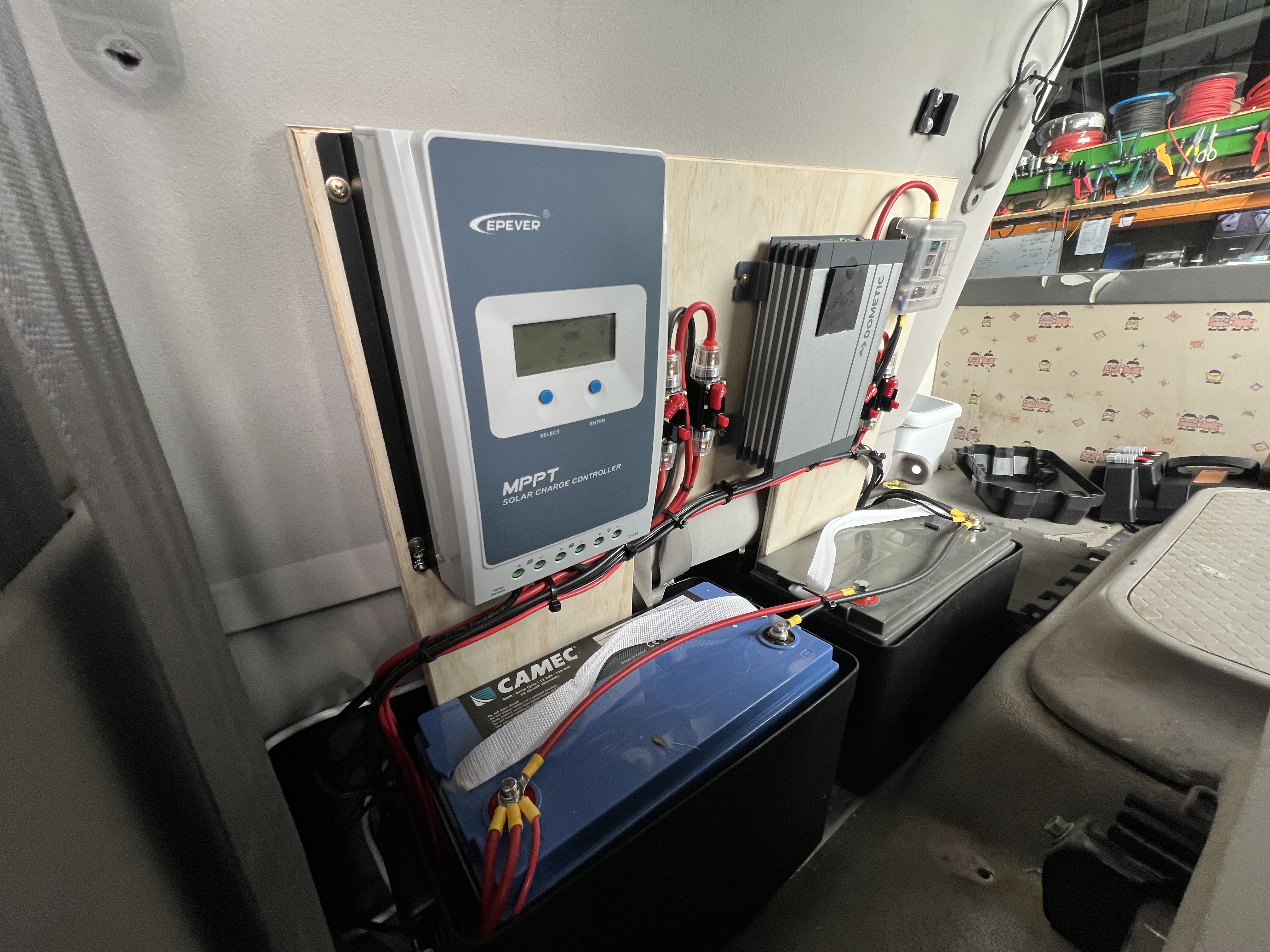Electrical Fault Finding
Finding electrical faults in RVs can be a bit like detective work, given the variety of systems and components involved. We us a combination of diagnostic tools and experience to find electrical faults, we then can either repair or replace effected connections or components, getting you back on the road.





Electrical Fault Finding in RVs
Electrical systems in Recreational Vehicles (RVs) are intricate, consisting of both 12-volt DC and 230-volt AC components. Fault finding in these systems requires a systematic approach to diagnose and rectify issues effectively. Understanding the common problems and employing a methodical process can help ensure that the electrical system operates reliably.
Understanding the System
An RV’s electrical system can be broadly divided into two categories: the 12-volt DC system, which powers lights, fans, and other low-voltage devices, and the 230-volt AC system, which operates higher power appliances like air conditioners and microwaves. Both systems have their own sets of potential issues, but they are often interdependent. For example, the 12-volt system usually controls the relays that switch the 230-volt appliances on and off.
Preventive Measures
Regular maintenance can prevent many electrical faults. Periodically inspect the battery, clean terminals, check fuses and breakers, and examine wiring for any signs of wear or damage. Ensuring the RV is stored in a dry, rodent-free environment can also help protect the electrical system.
In conclusion, electrical fault finding in RVs involves a combination of visual inspection, systematic testing, and knowledge of both 12-volt and 230-volt systems. By following a structured approach and understanding common issues, most electrical problems can be diagnosed and resolved efficiently, ensuring a safe and reliable RV experience.
.
